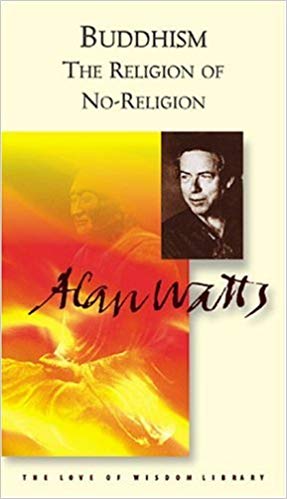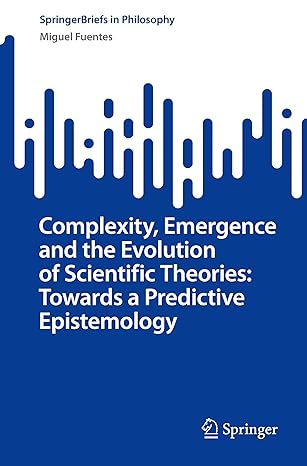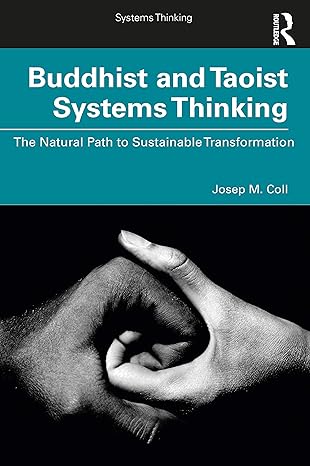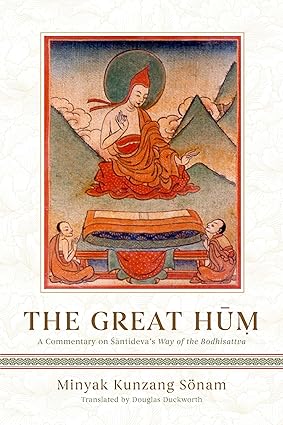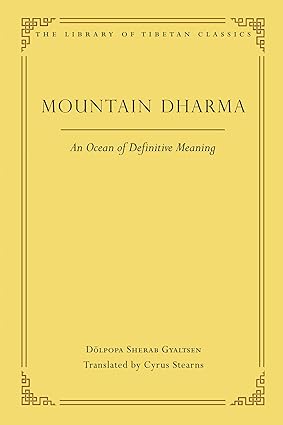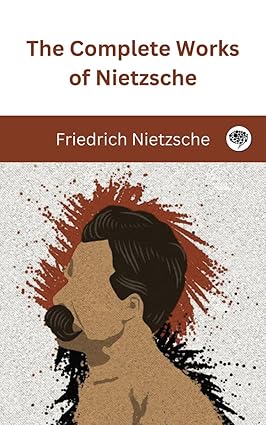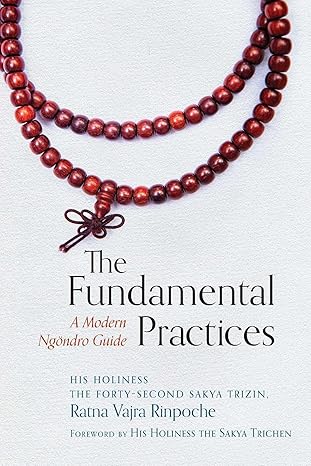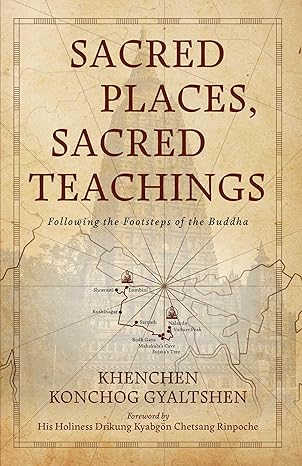In this dynamic series of lectures recorded in 1965 and 1969, Alan Watts joyfully takes us on an exploration of Buddhism, from its roots in India over 2,500 years ago to the explosion of interest in Zen and the Tibetan tradition in the West.
These lectures have been transcribed and edited by the author's son, Mark Watts, who also provides an introduction that sets them in their historical context. This book then begins with Journey From India, which presents a brief explanation of the Indian worldview and cosmology followed by a discussion of the important differences between Hinduism and Buddhism. The Middle Way offers an insight into the radical methods of the Mahayana, or "great vehicle," and reviews the basic Buddhist terms and teaching, including the Four Noble Truths and the Eightfold Path. Alan Watts then turns his attention to Zen and Tibetan Buddhism in the remaining four chapters. In Religion of No-Religion he discusses how the Buddha taught the method of awakening through the experience of no-self, no-concept, and no-religion. This technique of short-circuiting the mind is seen today in the method of instruction centered upon Zen koans. In contrast to the intellectual methods of Zen, the Tibetan, or Vajrayana school, retained much more of the original Indian flavor of Mahayana Buddhism, and in Wisdom of the Mountains Watts provides an introduction to Tibetan Buddhism by explaining its unique practices. In the final chapter, Transcending Duality, Alan Watts explores the male and female symbolism of Tantric yoga and explores the unity of polar opposites as a form of resonance.
چکیده فارسی
در این مجموعه سخنرانیهای پویا که در سالهای 1965 و 1969 ضبط شده است، آلن واتس با خوشحالی ما را به کاوشی در مورد بودیسم میبرد، از ریشههای آن در هند در بیش از 2500 سال پیش تا انفجار علاقه به ذن و سنت تبتی در غرب.
این سخنرانی ها توسط پسر نویسنده، مارک واتس، رونویسی و ویرایش شده است، که او همچنین مقدمه ای را ارائه می دهد که آنها را در زمینه تاریخی خود قرار می دهد. این کتاب سپس با سفری از هند آغاز میشود، که توضیح مختصری از جهانبینی و کیهانشناسی هند ارائه میکند و سپس در مورد تفاوتهای مهم هندوئیسم و بودیسم بحث میکند. راه میانه بینشی از روشهای رادیکال ماهایانا یا «وسیله نقلیه بزرگ» ارائه میکند و اصطلاحات و آموزشهای اساسی بودایی، از جمله چهار حقیقت شریف و مسیر هشتگانه را مرور میکند. آلن واتس سپس در چهار فصل باقی مانده توجه خود را به ذن و بودیسم تبتی معطوف می کند. او در کتاب دین بدون دین بحث می کند که چگونه بودا روش بیداری را از طریق تجربه عدم خود، بی مفهوم و بی دین آموزش داد. این تکنیک اتصال کوتاه ذهن امروزه در روش آموزش متمرکز بر ذن کوان ها دیده می شود. برخلاف روشهای فکری ذن، مکتب تبتی یا واجرایانا، طعم اصلی هندی بودیسم ماهایانا را بیشتر حفظ کرد و در کتاب حکمت کوهستان، واتس با توضیح شیوههای منحصربهفرد آن، مقدمهای بر بودیسم تبتی ارائه میکند. در فصل پایانی، فراتر از دوگانگی، آلن واتس نمادگرایی مردانه و زنانه یوگای تانتریک را بررسی می کند و وحدت اضداد قطبی را به عنوان شکلی از طنین بررسی می کند.
ادامه ...
بستن ...
Ebook details:
عنوان: Buddhism: The Religion of No-Religion (Alan Watts Love of Wisdom Library)
نویسنده: Alan Watts
ناشر: Tuttle Pub; 1st edition (April 1, 1996)
زبان: English
شابک: 0804830568, 978-0804830560
حجم: 13 Mb
فرمت: True Pdf
ادامه ...
بستن ...
